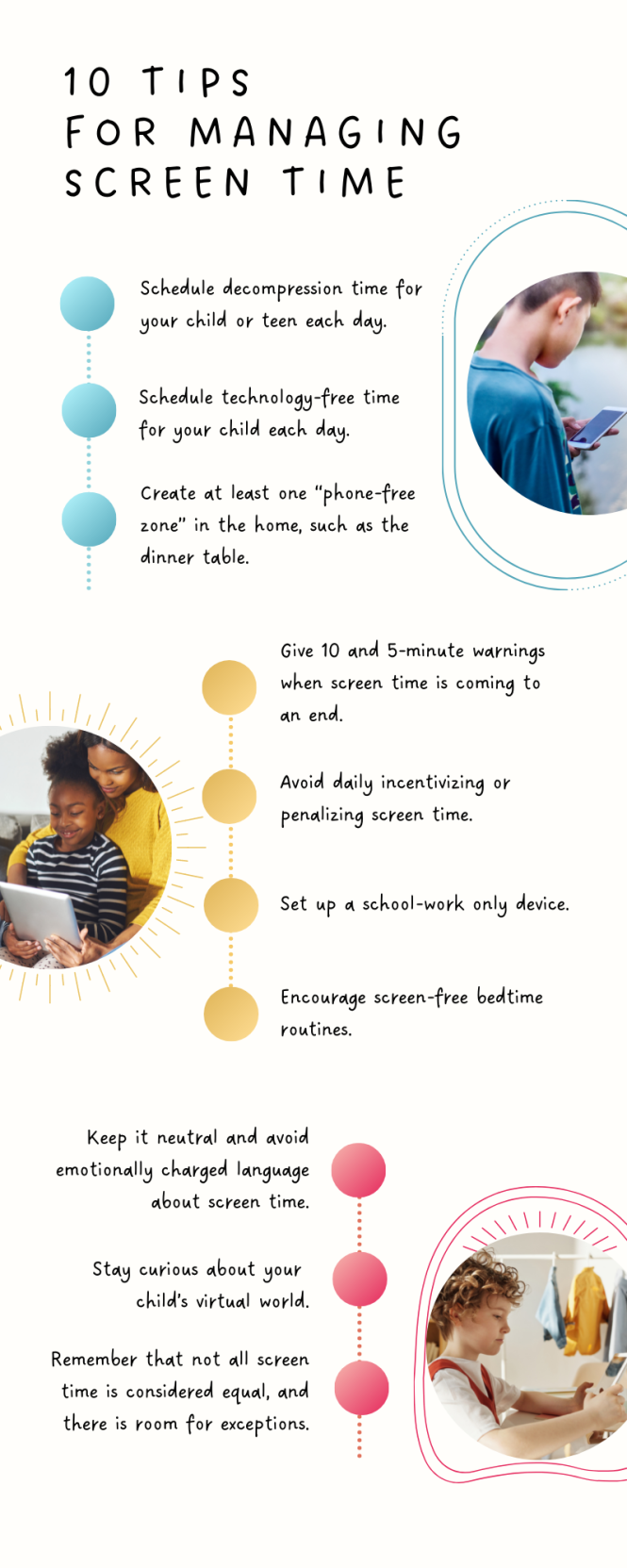

Diet Tips for Managing Meal Prep Effectively are crucial for anyone looking to achieve their health and fitness goals. Imagine effortlessly navigating your week, enjoying delicious and nutritious meals, and maintaining your commitment to a healthy diet without sacrificing your valuable time. Meal prepping is a powerful tool for managing nutrition and schedule effectively. It helps optimize your dietary intake, minimize impulsive food choices, and save significant time throughout the week, so you can focus on other important aspects of your life. This article will explore actionable strategies and practical tips for managing meal prep, tackling common challenges, and maximizing your success. We will cover planning, grocery shopping, prepping, storage, and making sure it fits your lifestyle— ensuring you maximize the time-saving benefits and optimize your nutrition.
Planning Your Meal Prep Strategy
Crafting a Weekly Meal Plan:
Effective meal prep begins with a thoughtful meal plan. This isn’t just about what you’ll eat; it’s about incorporating variety, nutritional balance, and personalized preferences into your strategy. Think about your dietary needs, preferences, and any potential allergies or restrictions. Creating a weekly menu ensures you’re hitting your nutrient targets while enjoying varied meals. Consider utilizing meal planning apps or spreadsheets to outline your menu for the upcoming week. By planning your meals in advance, you can streamline your grocery shopping and preparation process.
Identifying Your Dietary Needs and Preferences:
Your dietary needs play a significant role in your meal prep success. Understanding your specific nutritional requirements, whether you’re looking to lose weight, gain muscle, or simply maintain a balanced diet, is critical. Also, account for any specific dietary needs or restrictions like allergies, intolerances, or ethical considerations. This could include vegetarian, vegan, gluten-free, or dairy-free options. Consider your lifestyle and preferences, such as your cooking skills and the amount of time you have for meal prep. If you prefer quick meals, plan accordingly. This will also help you feel satisfied and committed to your plan.
Grocery Shopping for Efficient Meal Prep
Creating a Detailed Shopping List:
Once you have your meal plan in place, create a detailed shopping list. This is a critical step for optimized meal prep and prevents unnecessary impulse buys at the grocery store. A comprehensive list helps avoid making spontaneous choices and keeps you focused on the items you need for your planned meals. Categorize items for easier navigation, such as proteins, carbohydrates, produce, and pantry staples.
Strategic Purchasing and Bulk Buying:
Strategic grocery shopping involves smart purchasing decisions, taking advantage of deals, discounts, and seasonal produce. This not only saves you money but also ensures that you have the ingredients needed for your meals, reducing potential food waste. Consider bulk buying items like grains, legumes, and spices if appropriate, as these can save you money and reduce trips to the grocery store.
Preparing Your Meals for Success
Smart Techniques for Time Saving:
Efficient meal prep requires mastering smart techniques. These can significantly reduce your time spent on preparation. One such technique involves prepping ingredients in advance—chopping vegetables, measuring out grains, or portioning proteins on the weekend. Prep these items on the day before and store them appropriately for faster assembly during the week.
Maximize Your Time with Smart Equipment and Tools:
Investing in efficient kitchen tools can also streamline the process. Consider investing in a food processor, a high-quality cutting board, or a good set of measuring cups. These tools help to minimize preparation time.
Storing Your Prepared Meals for Optimal Freshness
Selecting Appropriate Storage Containers:
Proper storage is crucial to maintain the freshness of your meals. Choose air-tight containers that are suitable for the types of foods you’ll be storing. Glass or plastic containers with tight lids are ideal for storing various items, such as proteins, vegetables, and grains, as they effectively prevent food from spoiling and maintain its freshness.
Optimizing Your Refrigerator Organization:
Organize your refrigerator to maximize storage space and ensure efficient retrieval. Store similar items together for quicker access during the week. Consider using clear containers for visibility.
Adapting Meal Prep to Your Lifestyle
Balancing Work and Home Life:
Meal prepping should fit your schedule, rather than dictating it. Consider flexible strategies for meal prepping that can accommodate busy workweeks or unexpected events. For example, batch-cook larger portions of dishes to save time on multiple occasions during the week. Adjust your meal plan and prep times accordingly to ensure a balance between work and home life.
Meal Prep for Different Diets
Vegetarian and Vegan Options:
Meal prepping for vegetarians and vegans requires planning to ensure sufficient protein intake from plant-based sources. Find delicious plant-based recipes and make adjustments to your existing meal prep routines. Don’t forget to incorporate legumes, tofu, tempeh, nuts, seeds, and other protein-rich plant-based foods into your meals.
Tips for Maintaining Motivation and Consistency
Choosing Meals You Enjoy:
Choose meals that you enjoy and find satisfying. Maintaining consistency in your diet largely depends on finding meals that you genuinely like and can look forward to. This will prevent you from losing motivation over time.
Addressing Common Challenges and Mistakes
Overcoming Meal Prep Challenges:
Meal prepping isn’t always straightforward. Recognize common challenges that you might face, such as having limited time, needing to keep track of recipes, or having difficulty planning for all days of the week. Understand these challenges and learn how to overcome them.
Making Adjustments for Different Occasions
Adapting to Social Events and Holidays:
Meal prep doesn’t need to stop when you have social events or holidays. Simply adapt your meal prep plans to accommodate these occasions. For example, you can plan meals around your social activities or create meal kits ahead of time to easily handle these events without derailing your meal prepping routine. If possible, prep some items before the event so you are not overwhelmed when it comes time for dinner.
In conclusion, effective meal prepping for weight loss and overall well-being hinges on strategic planning, preparation, and consistent execution. By prioritizing your dietary needs, understanding your schedule, and implementing the tips outlined here, you can effortlessly manage your meals, save precious time, and stay on track towards your fitness goals. Remember, consistency is key! To maintain your momentum, consider joining a support group or partnering with a nutritionist to bolster your efforts further. Start your journey toward a healthier you today by trying out a new meal prep technique or tweaking your existing strategies.